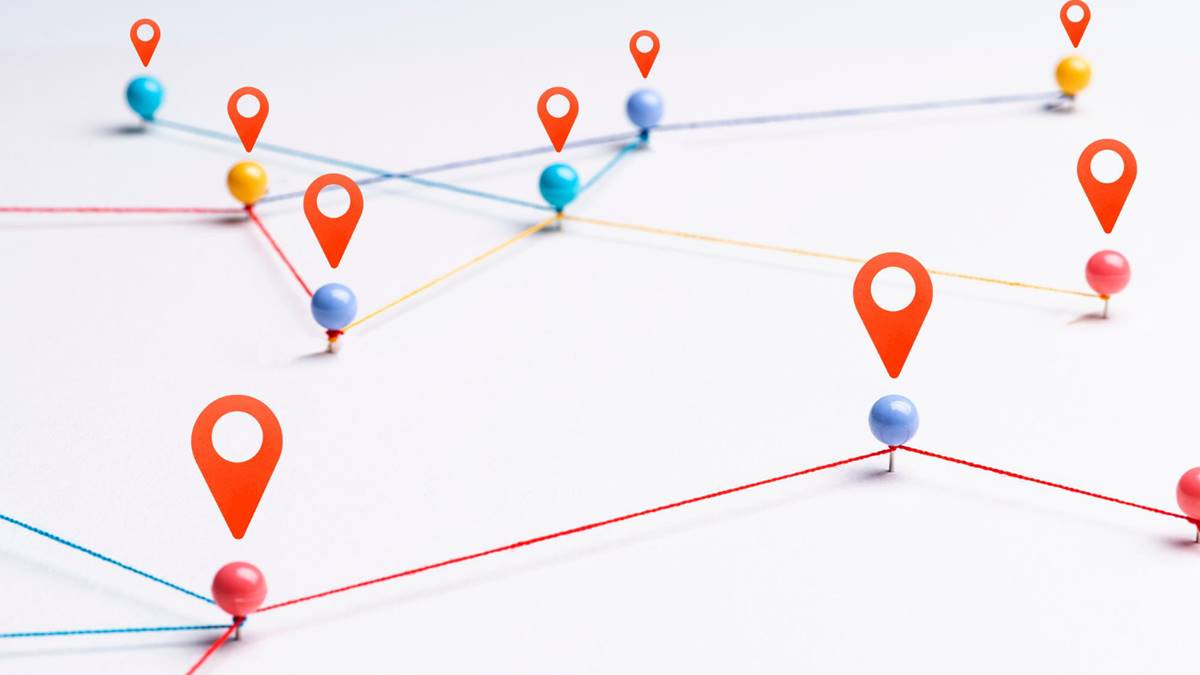In the rapidly changing world of the 21st century, decentralization has become a buzzword, often linked with technology, economics, and social movements. But what does decentralization really mean, and why is it gaining so much attention? As businesses, governments, and communities adapt to the new realities of a digital-first world, understanding the importance of decentralization and its impact on the economy is more critical than ever. Let’s break it down and explore how this concept is shaping the future in ways that go beyond mere buzzwords.
What is Decentralization?
At its core, decentralization refers to the distribution of authority, control, and decision-making away from a central entity. Traditionally, power has been concentrated in a single, centralized body—think of governments, corporations, or institutions. In contrast, decentralization aims to break down this hierarchy, allowing smaller, more localized units to make decisions autonomously. This concept is nothing new; it has existed in various forms throughout history, but it’s currently experiencing a renaissance, largely due to advances in technology.
For instance, in the context of blockchain and cryptocurrencies like Bitcoin, decentralization means there is no single entity controlling the system. Instead, a network of users makes decisions and validates transactions. This eliminates the need for intermediaries like banks or financial regulators, leading to more transparent, efficient, and secure systems.
The Impact on the Economy
So, why does decentralization matter in today’s economy? The answer lies in the flexibility and resilience it offers. By distributing power across multiple entities or nodes, systems become less vulnerable to failure, corruption, or monopolies. This creates a more dynamic and competitive environment, which can drive innovation and efficiency.
In terms of economics, decentralization can lead to more equitable opportunities. For example, in a decentralized financial system, individuals without access to traditional banking can still participate in economic activities through decentralized finance (DeFi) platforms. This opens the door for billions of people worldwide to access financial services without the need for a bank account.
Moreover, decentralization has implications for industries far beyond finance. In sectors such as energy, logistics, and even governance, decentralized models are being explored. Take energy, for example. The rise of decentralized energy grids allows communities to generate and share their own renewable energy, reducing dependence on large utility companies and fostering a more sustainable economy.
Decentralization in Business
Businesses, too, are catching onto the decentralization trend. Companies are increasingly adopting decentralized organizational structures, where decision-making is spread across teams or departments rather than centralized at the top. This allows for faster decision-making and innovation, as those closest to the problem or opportunity can take the initiative.
In a decentralized company, remote work becomes more viable, as workers have more autonomy and don’t need to rely on a central office or management structure. The COVID-19 pandemic accelerated this shift, showing that many businesses can function efficiently with remote, decentralized teams. This also enables companies to tap into global talent pools, further diversifying their workforce and bringing in different perspectives.
On the customer side, decentralized platforms are emerging to challenge traditional business models. For example, peer-to-peer marketplaces like Airbnb or Uber allow individuals to provide services directly to one another, bypassing the need for a central company to control the supply chain. This reduces costs for both consumers and providers, and in many cases, results in better, more personalized services.
Challenges of Decentralization
While the benefits of decentralization are clear, it’s important to acknowledge the challenges that come with it. Decentralized systems can sometimes lack the cohesion and coordination needed to respond quickly in times of crisis. Without a clear leader or centralized authority, decision-making can become fragmented, leading to inefficiencies or inconsistencies.
In addition, decentralized systems are often more complex to manage. Blockchain technology, for example, requires significant computational power and energy to maintain, which raises concerns about its sustainability. Furthermore, without a central regulatory body, ensuring security and preventing fraud in decentralized networks can be more difficult.
Another challenge is the potential for inequality within decentralized systems. While decentralization can empower individuals and small businesses, those with more resources or technical expertise may still dominate, leading to imbalances within the system.
The Way Forward: Balancing Centralization and Decentralization
As we look towards the future, it’s clear that decentralization will continue to play a significant role in shaping the global economy. However, the key will be finding a balance between decentralization and centralization. Neither extreme is ideal—total decentralization can lead to chaos, while excessive centralization can stifle innovation and freedom.
A hybrid approach, where decentralized systems operate within a centralized framework, might be the most effective way forward. For example, governments could regulate decentralized financial systems without controlling them, ensuring security and fairness while still allowing for innovation and autonomy.
A New Era of Empowerment
Decentralization is not just a technological or economic trend; it’s a shift in mindset. It’s about giving power back to individuals, communities, and small businesses, allowing them to take control of their own futures. As we embrace this new era, the possibilities are endless, from more sustainable energy systems to more inclusive financial services.
So, the next time you hear the term “decentralization,” don’t think of it as just a passing trend—consider it a fundamental change that is shaping the future of how we live, work, and interact. Whether you’re an entrepreneur, a tech enthusiast, or simply someone curious about the future, this is a movement you’ll want to keep an eye on. After all, the future may very well be in your hands.
Source of our article: https://iparmagazin.hu/decentralizalt-jelentese-es-a-decentralizacio-hatasa-a-gazdasagra/
You will find more interesting articles in the business category of the iparmagazin.hu online magazine.
